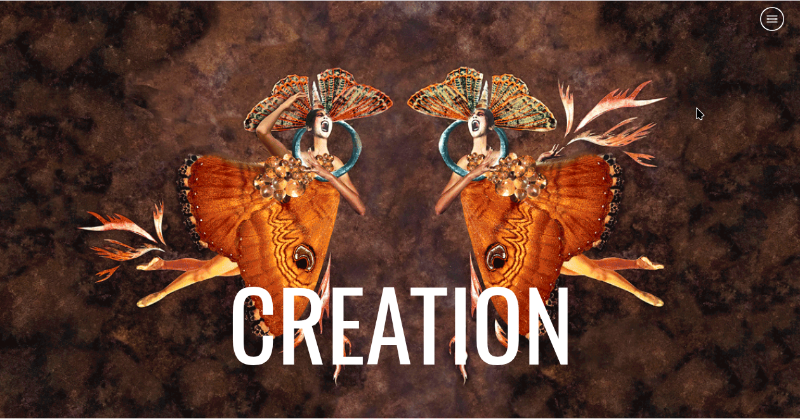Mark Zuckerberg recently declared that the average American has fewer than three friends, but don’t worry because he’s got chatbots just waiting to dispel all that loneliness. I’m not an American, let alone an average anything, and I suspect my definition of “friend” may not be the same as Mark’s; so I was curious as to where he got this statistic from, how he defines “friend”, and why he thinks the solution is more, rather than less, of his own technology.
According to that most trustworthy of oracles, ChatGPT, “Mark Zuckerberg’s claim that the average American has fewer than three friends likely stems from his own observations and Meta’s internal data”. I can believe that Mark himself has fewer than three friends, so that explains his own observations, but does he really see himself as an “average American”? ChatGPT goes on to quote research on human social relationships that found that “individuals typically have approximately five intimate friends, 15 close friends, 50 general friends, and 150 acquaintances”; so there is actual research that doubles Mark’s guesstimate figure.
Perhaps the definition of “friends” can be blamed for this discrepancy. Mark clearly isn’t including Facebook “friends” in his definition as, apparently, a Facebook user’s average number of “friends” is 338. This is according to a 2014 study by Pew Research, which appears to still be the most-used figure despite being more than a decade old. He has also given up on his legless VR “friends”, but somehow he’s still convinced that a technological solution is the right thing for all those lonely average Americans with fewer-than-three friends.
Before we start feeling sorry for lonely Mark and his fewer-than-three friends, let’s look at quality versus quantity. Plenty of people find the demands of friendship overwhelming at times, and most of us will have had some experience of being let down by someone we counted on. One loyal, reliable friend who is always there for you is more valuable than 100 acquaintances who are great fun to party with but vanish in your moment of real need. If your fewer-than-three friends are golden exemplars, why have more? True friendship requires time, effort, emotional labour and other non-tangible investments; quality is definitely better than quantity.
So is there even a problem here? Are all those average Americans with fewer-than-three friends actually lonely? And if they are, is more technology the best solution? I wonder if Mark has ever considered that his platforms might contribute to or even be the source of the apparent problem, and if his personal observations are limited to solutions that involve increasing his personal wealth.
Certainly there are lonely people in the world (some of whom have more than three friends but still feel lonely) and indeed some people may find a chatbot comforting, but this is by no means the only cure. There’s a whole wellness industry that will just as happily take your money, as well as social projects, mental health services and myriad community and arts initiatives with open arms for lonely people. There is also religion: I’m not talking about organised religion, which can of course be a welcoming community for lonely people, but comes with its own baggage. I’m thinking specifically of artist Deborah Kelly’s Creation. Begun as a response to the climate emergency and the decay of truth, Creation is a mix of art, ritual, science fiction and queer feminist politics that has grown into an extraordinary diverse, eclectic community and a powerful, transformative experience for those involved.
I’d really like to invite Mark to step away from his own products for a moment and connect with Creation; he might find it a more satisfactory experience of “connectivity” than interacting with a chatbot. He might understand that people don’t want “a system that knows them well and that kind of understands them in the way that their feed algorithms do” – we want other people that know us well and understand us in ways that algorithms never can.
